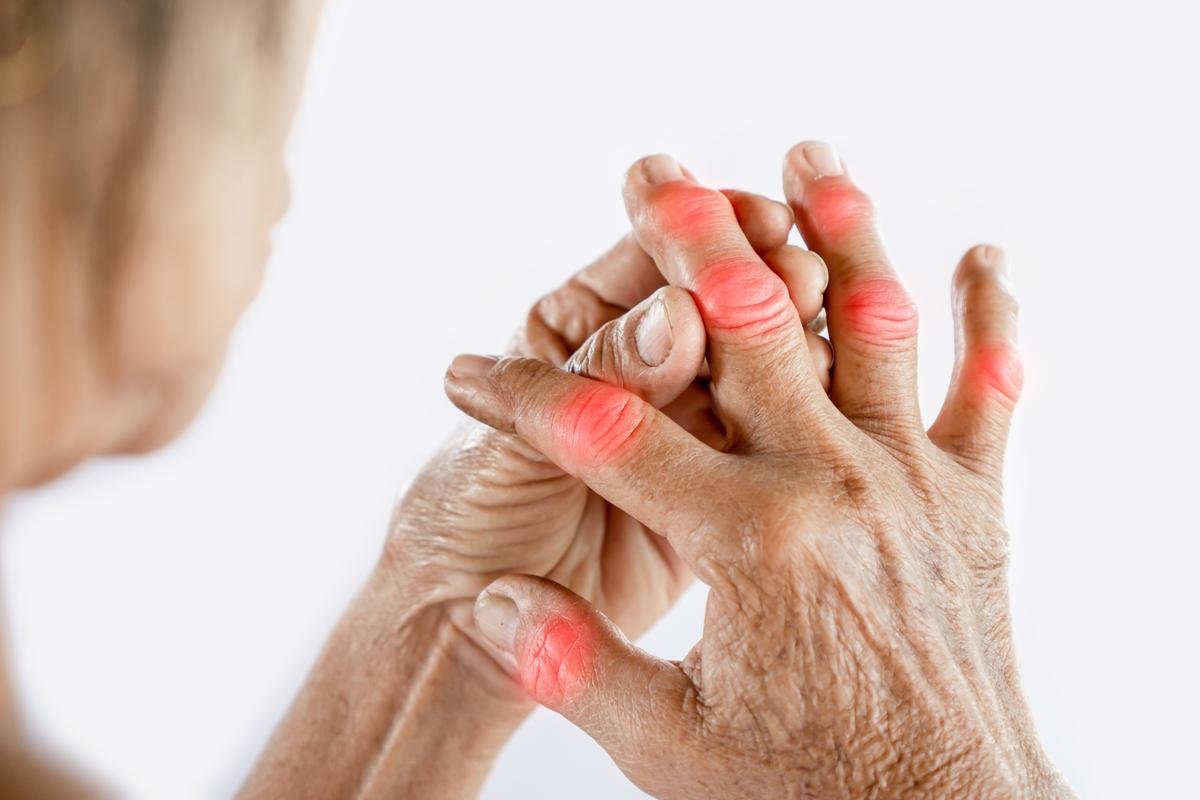Orthopaedic surgeries are common procedures performed to treat a variety of musculoskeletal conditions, including joint pain, fractures, and degenerative diseases. While these surgeries can be highly effective in restoring function and reducing pain, some patients may experience chronic pain after the procedure. If you are struggling with chronic pain after orthopaedic surgery, the following tips from an orthopaedic surgeon in Hadapsar can help you manage your symptoms and improve your quality of life.
1. Understand the cause of your pain
The first step in managing chronic pain after orthopaedic surgery is to understand the underlying cause of your pain. Pain can result from a variety of factors, including nerve damage, inflammation, or improper healing of the surgical site. Identifying the source of your pain can help your doctor determine the most appropriate treatment plan for your specific condition.
2. Follow your post-operative instructions
Following your post-operative instructions is crucial for ensuring proper healing and minimizing the risk of complications. Your orthopaedic surgeon in Hadapsar will provide you with specific guidelines for post-operative care, including medications, physical therapy, and activity restrictions. It is important to follow these instructions closely to avoid aggravating your pain or causing further damage to the surgical site.
3. Explore non-surgical treatment options
If you are experiencing chronic pain after orthopaedic surgery, your orthopaedic surgeon in Hadapsar may recommend non-surgical treatment options, such as physical therapy, acupuncture, or medication. These treatments can help reduce pain, inflammation, and stiffness, and improve your range of motion and function.
4. Consider lifestyle modifications
Lifestyle modifications, such as maintaining a healthy diet, staying active, and avoiding smoking and alcohol, can also help manage chronic pain after orthopaedic surgery. These changes can help reduce inflammation, promote healing, and improve overall health and well-being.
5. Seek support
Living with chronic pain can be challenging, both physically and emotionally. It is important to seek support from friends, family, and healthcare professionals to help you manage your symptoms and improve your quality of life. Your orthopaedic surgeon in Hadapsar can also provide resources and referrals to help you find additional support and resources in your community.
In conclusion, chronic pain after orthopaedic surgery can be a difficult condition to manage, but with the right treatment and support, it is possible to improve your symptoms
